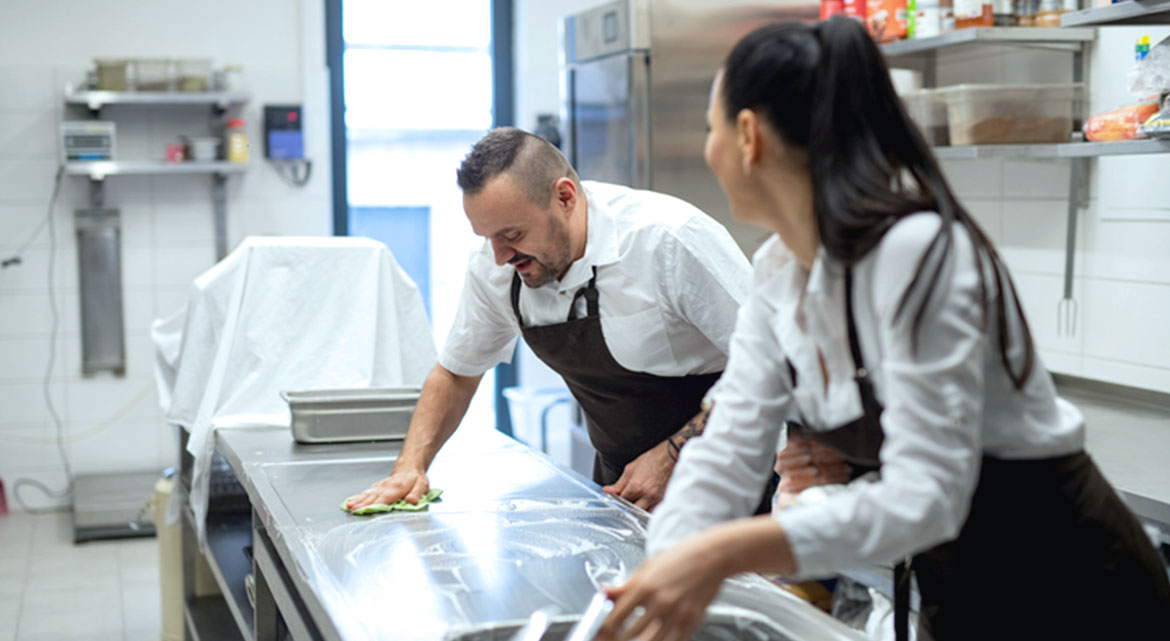Food deserts impact New Jersey
(NEWARK, N.J.) — If you travel more than a mile to a supermarket, supercenter, or large grocery store with affordable and healthy food options in an urban area, and more than 20 miles in a rural area, you live in what’s considered the definition of a food desert by the U.S Department of Agriculture.
This lack of access impacts roughly 17 million Americans according to the Food Access Research Atlas. The data also shows people who live a half mile or more from food options in urban areas, or 10 miles in rural areas, increases that number to more than 53 million Americans, including those in New Jersey.
In January 2021, New Jersey Governor, Phil Murphy, signed into law the Food Desert Relief Act, part of the Economic Recovery Act, which will provide about $240 million in funding to combat this issue in the state.
The Food Desert Relief Act provides tax breaks to stores that open in under-served areas, grants loans and other assistance for stores of all types to operate in food deserts.
The Community Food Bank of New Jersey estimates that 800,000 New Jersey residents are dealing with food insecurity, and almost 200,000 of them are children.
53-year-old Robert Brown from Newark, NJ, makes a two-mile commute from his home to a ShopRite, without a car, telling ABC News that pricing and options are a factor “I live like 20 blocks away, but we have a store downstairs, where I live at, but they’re so high, I come here. There’s no need in spending my money there, and I’m getting a little bit of nothing when I can get everything I need.”
45-year-old Katrina Moseley must take it a step farther, as the two-mile journey to ShopRite, is her second grocery shopping trip of the day, “I started at 8oclock this morning, I went to Walmart, got back home like 1130, rest for a little bit, caught the bus what time is it, I got here like 12 something, 12 or one something. Shopped. I take my time in the store to go thru stuff, and now I’m waiting for transportation to go home.”
Moseley depends on two different bus lines, taxis, and relatives to pick her up, as she spends her day-off from work to feed her family of four, including a daughter with a baby on the way, “So I go to Walmart to get the bulk of the meat because it lasts, you can make like… One of their packets of meat you can make like 2-3 meals out of it, all depends on how you do it.”
Transportation back is also an issue for Brown, knowing some options are not practical, “f I would’ve tried to get on the bus with this, it would be too much, it would be too much.”
Tara Colton, the Executive Vice President for Economic Security for New Jersey’s Economic Development Authority, says that addressing food deserts, a product of structural racism, neighborhood redlining, and disinvestment, is not as simple as building a supermarket, “You can live next door to the most amazing market or farmer’s market but if you can’t afford to buy
the food that’s in there, or they don’t accept federal nutrition programs like snap, then its inaccessible to you.”
Sustain & Serve NJ initially began as a $2million pilot program to help with food security, in conjunction with supporting the states restaurant industry in 2020. The program has evolved into a $45 million initiative, paying restaurants to deliver ready to eat meals directly to those in need. Colton told ABC News, “I often say it isn’t about bringing people to food, it’s about bringing food to people. And there’s a lot of ways to do that. They can go into a big building, and buy it put it into the truck of a car, but you can also bring it to them more centrally.”
Colton touts the program, “That one dollar you’re spending is keeping the restaurant open, the workers employed and is giving people who often can’t access this kind of food, a healthy fresh nutritious homemade meal.”
For those like Moseley who prefer to cook their own meals, despite the miles long odyssey to multiple supermarkets, the focus isn’t on feeling disenfranchised, but doing what’s necessary for her family, “Those who I gotta worry about, so this is what I do for them, shop. Getting it done, out of the way.”
Copyright © 2022, ABC Audio. All rights reserved.








